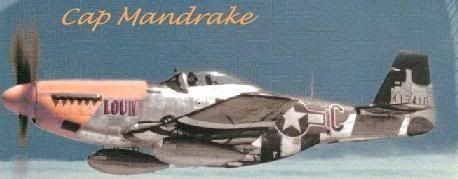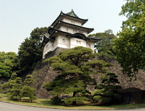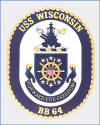BartM
Posts: 107
Joined: 7/18/2004
Status: offline

|
It is easy for us to sit back in the 21st century and look at the mistakes and blunders as well as the spectactular conflicts of 60 years ago. We can analyze and re-analyze this period, hence this game 
Japan needed to make the US sue for peace as soon as possible, as the US as well as other coountries were restricting Japan's flow of resources as well as stopping them from expanding their borders, although "WE" did it, we were not going to let Japan, which infuriated them.
Boycotting is a double edge, and one we really were not ready to wield, as Japan took us up on it. Looking back, if the Japaneese Carriers would have refueled, NOT disengaged from Pearl harbor... who knows... if they could have damaged the fuel storage areas more, wrecked havok in the shipping AND caught the two US carriers...again, who knows (this was the hope of Japan). A fast, devistating assault which would pin us against the wall...
not too long ago, someone else made this mistake in New York, thinking we would simply close up, throw our hands up and say ok, we give up....
IF the brittish destroyers did not damage U-110 in the Atlantic, and capture the german codes, again... who knows.... except, it was almost sealed that Britian would have had to sue for peace with germany as they simply were being cut off from the world and had no where else to turn. ... again.. who knows...
If Japan had landed on Midway during the pearl harbor attack (within two weeks), again, who knows... the more pressure you place on a country, the better your chances, but each time, Japan attacked, pulled back and waited, (again internal conflicts with the Army and the Navy), let's be thankful that Japan had internal problems, instead of working together to achieve the end result. Theirs Subs start wrecking our supplies, cutting off Austrailia (like germany did to Britian)...
*shrugs*
So many views, all are good :) just remember, we're looking backwards and picking it apart, that's easy... look forward and do the same thing 
|
 Printable Version
Printable Version














 New Messages
New Messages No New Messages
No New Messages Hot Topic w/ New Messages
Hot Topic w/ New Messages Hot Topic w/o New Messages
Hot Topic w/o New Messages Locked w/ New Messages
Locked w/ New Messages Locked w/o New Messages
Locked w/o New Messages Post New Thread
Post New Thread